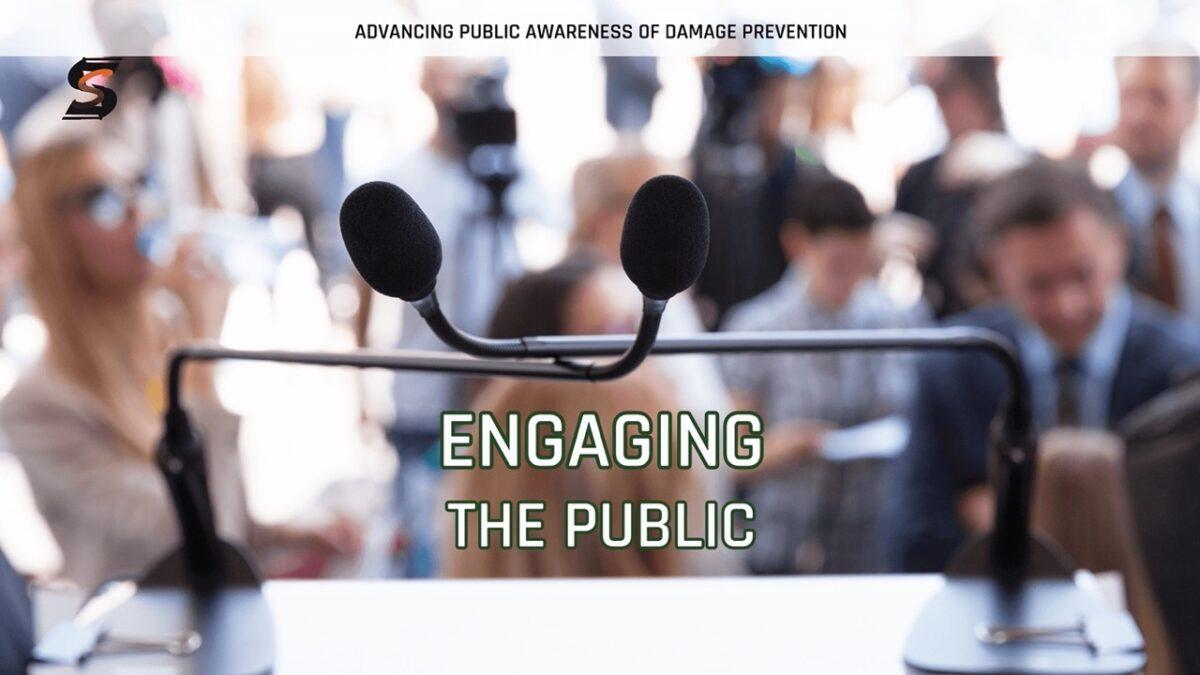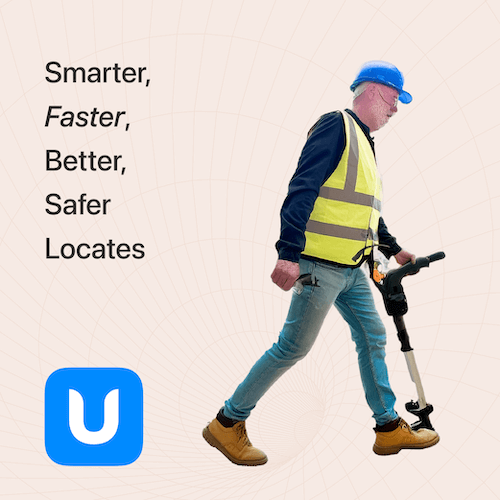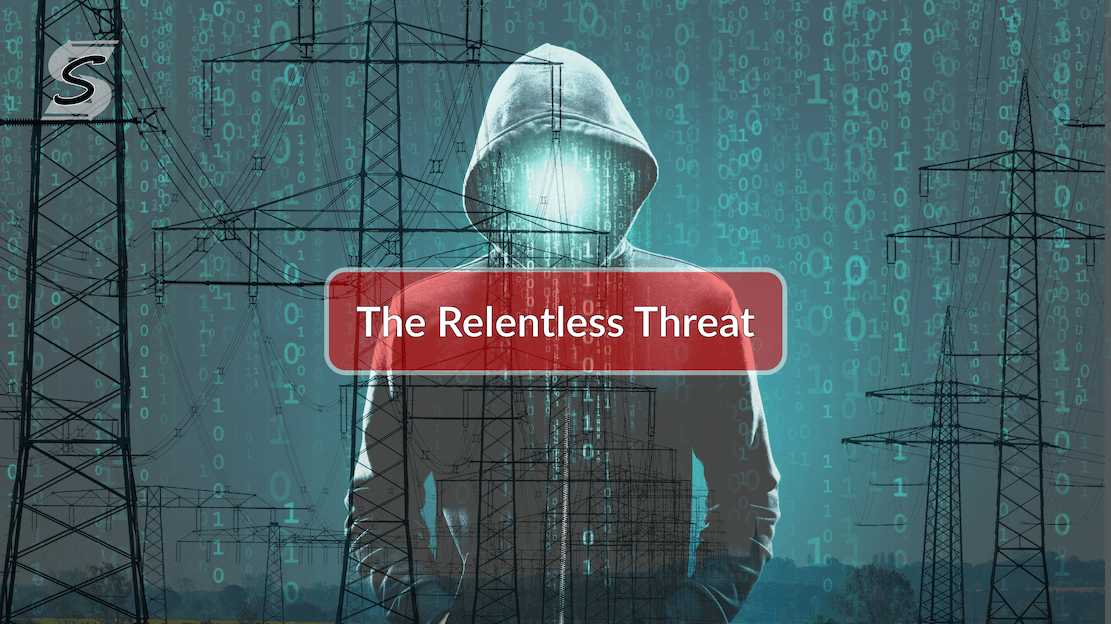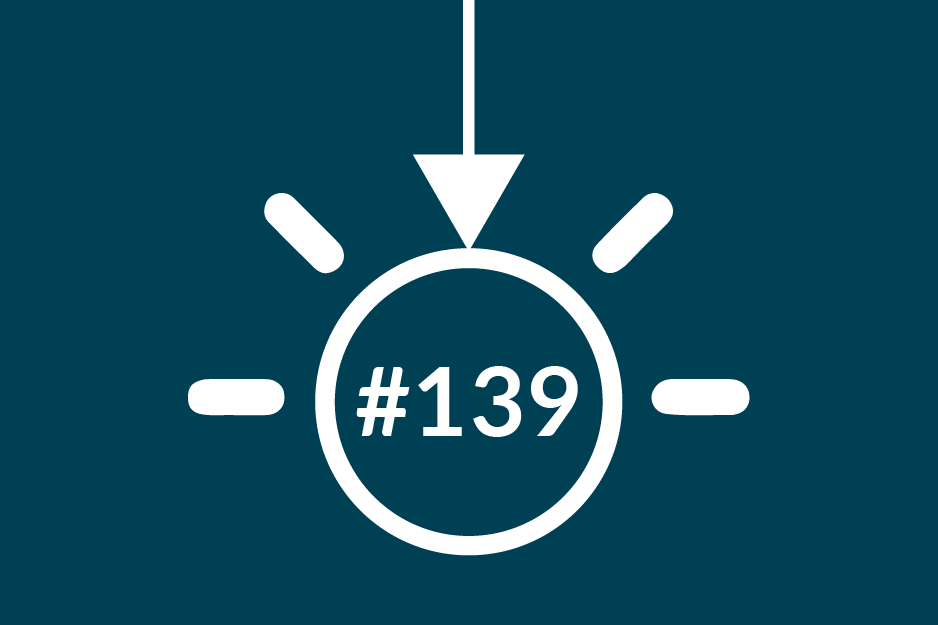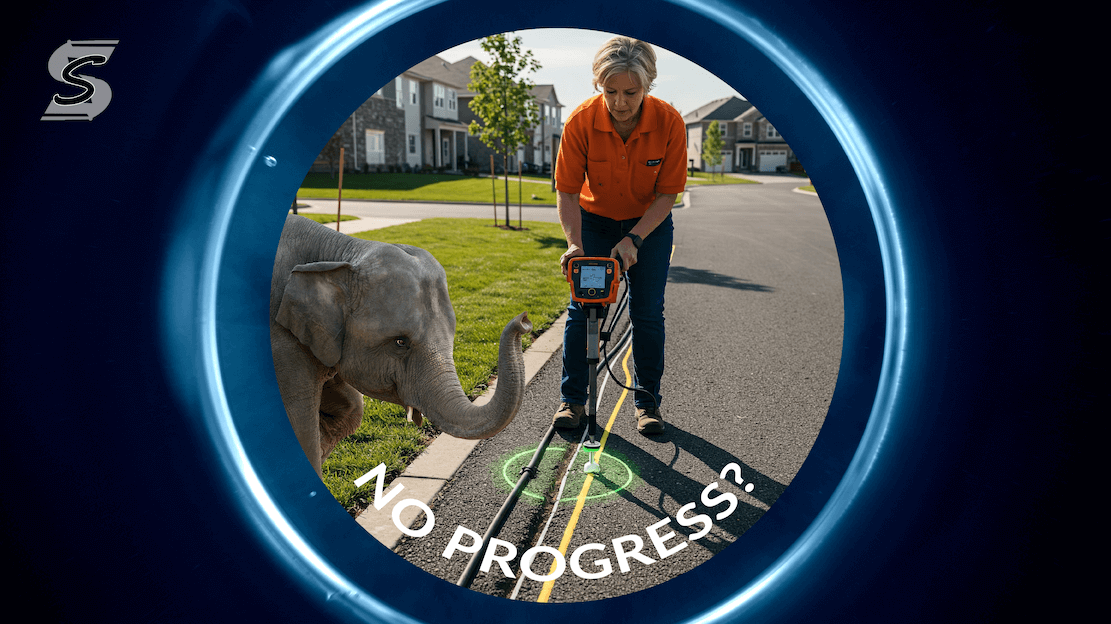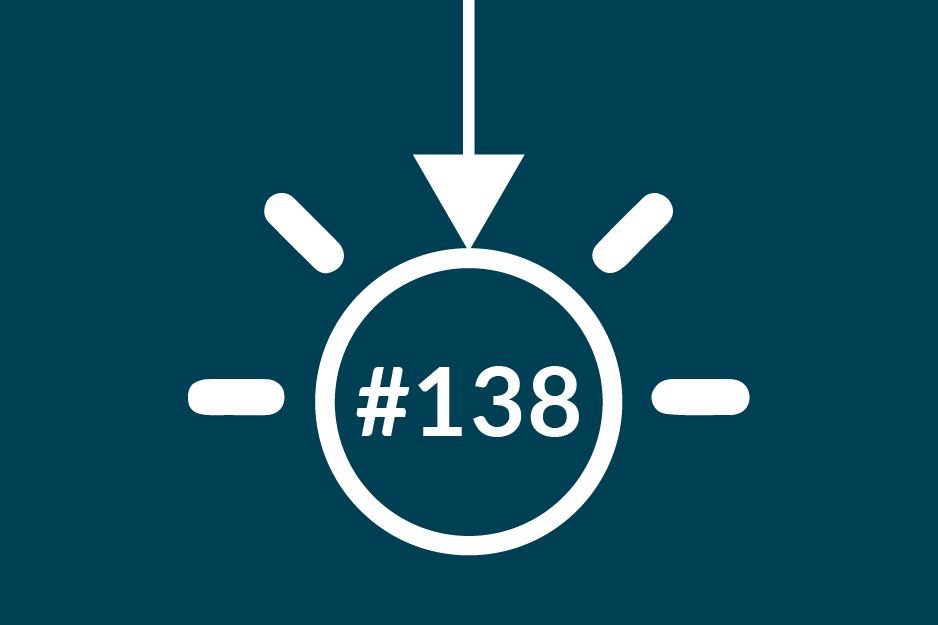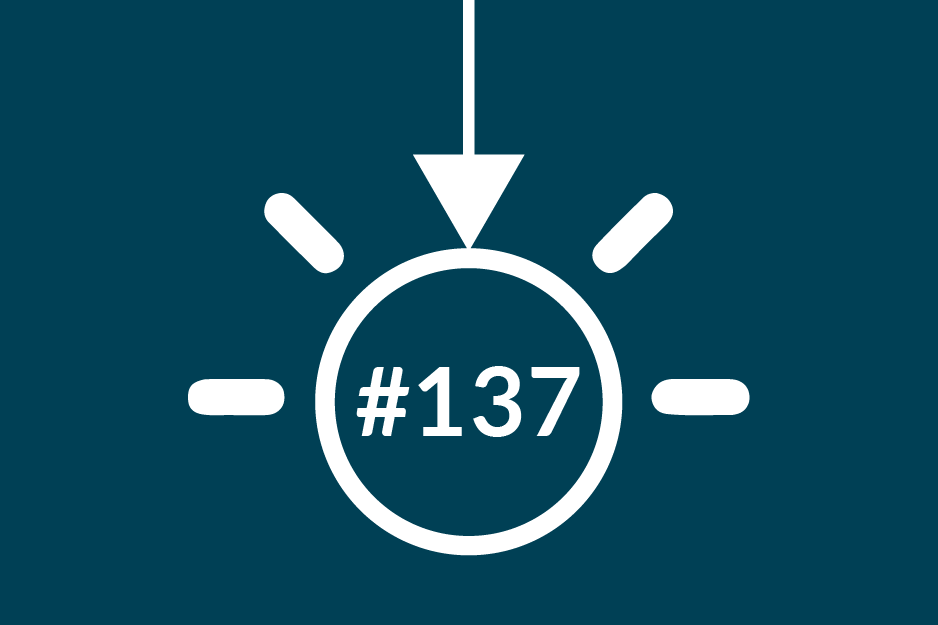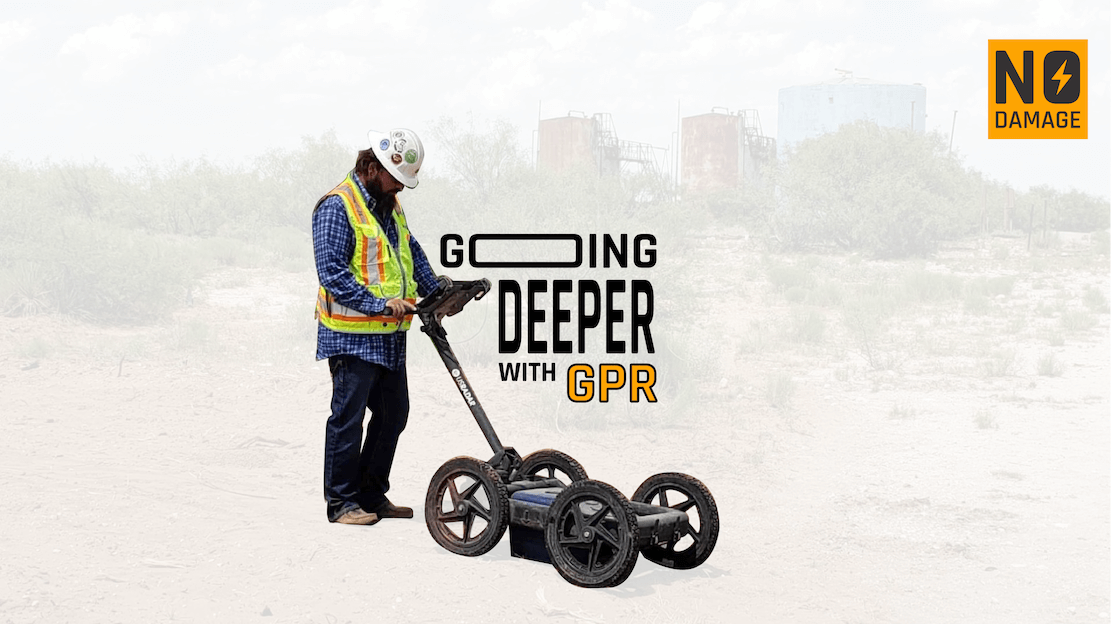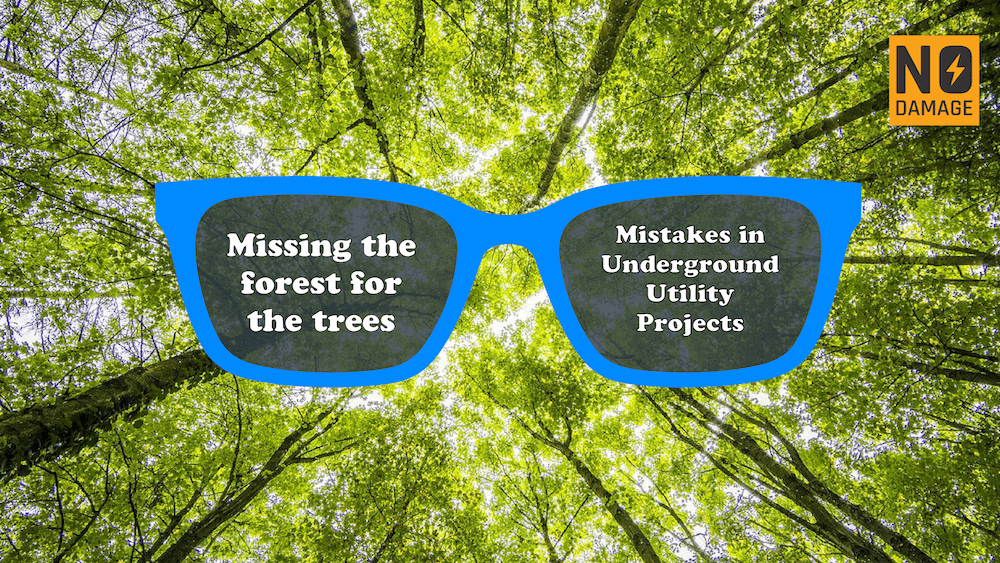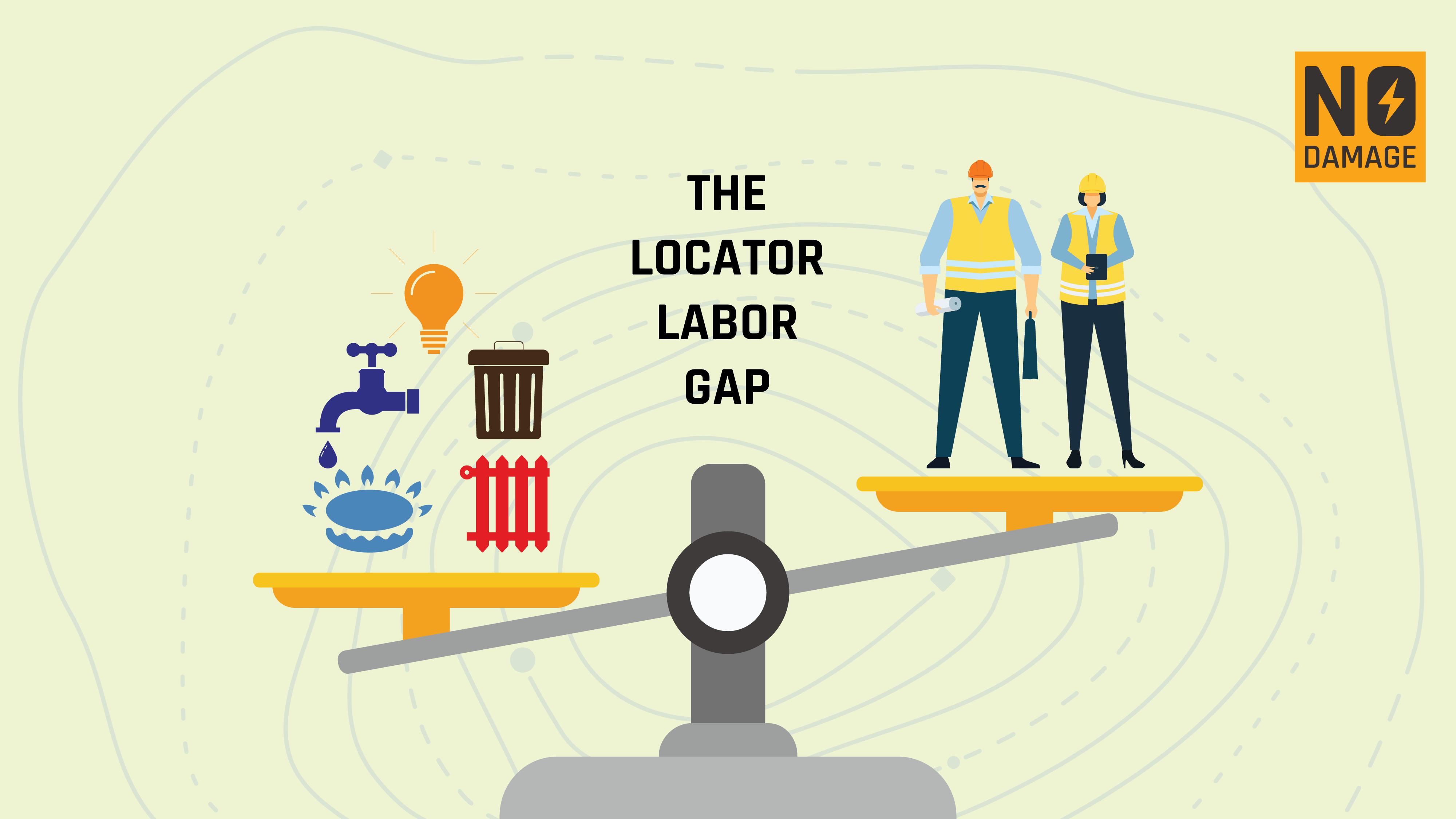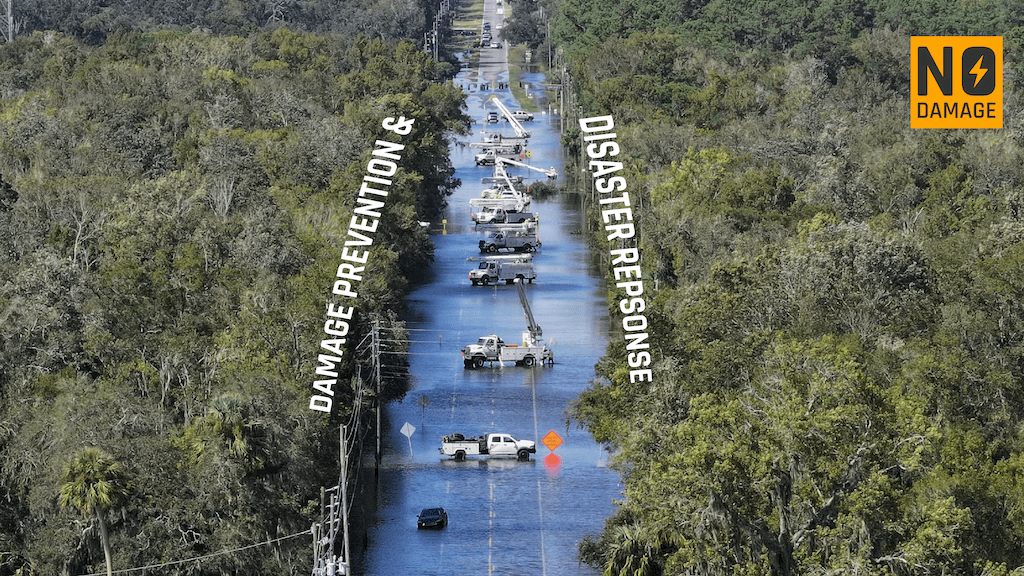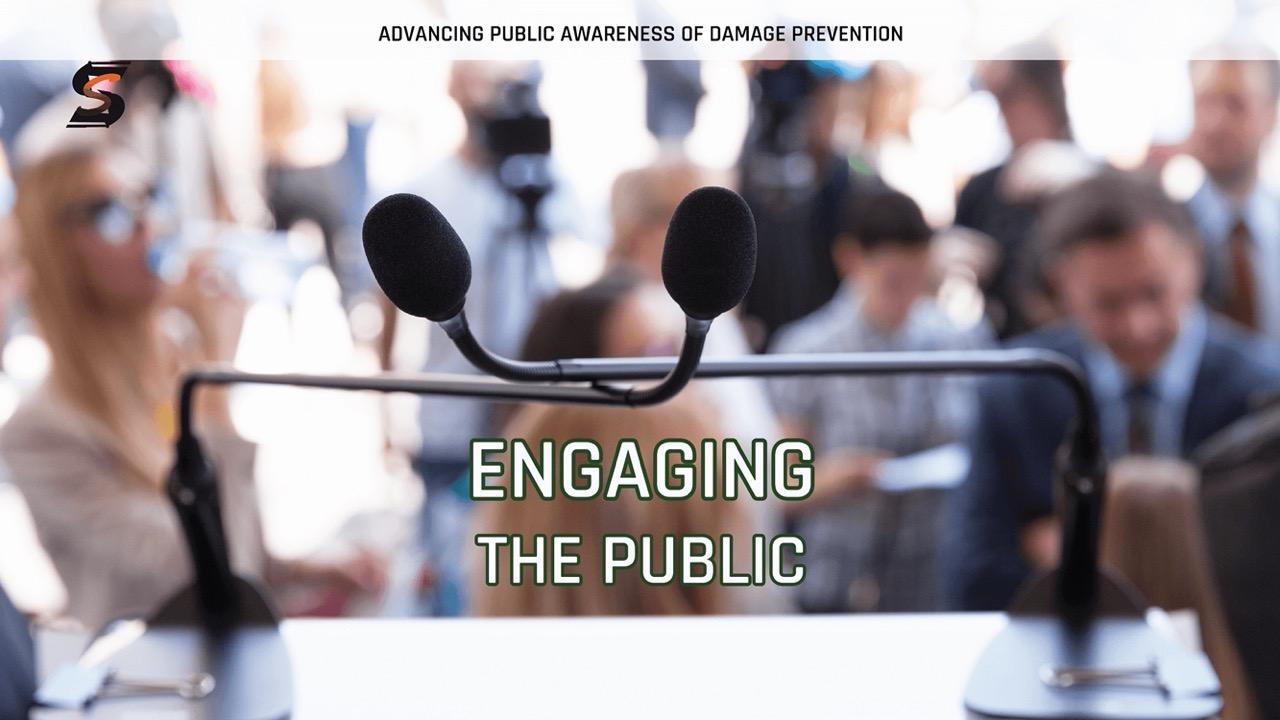
I shared a video this week with some pretty startling footage, and judging by the comments it’s a relatively common occurrence. In the video a homeowner is accosting a locator because she seems to believe he’s trespassing or is a threat. This mostly boils down to the ignorance of the general public about locating and the 811 industry as a whole but there’s an opportunity here to educate, engage and diffuse! Achieving this responsibility necessitates more than just technical expertise - it demands a collective effort involving public awareness campaigns and robust stakeholder engagement strategies. Through collaboration among utility owners, excavators, and the community, fostering a culture of conscientious damage prevention becomes not just an aspiration but an imperative.
THE POWER OF PUBLIC AWARENESS CAMPAIGNS
Public awareness campaigns serve as catalysts for change, enlightening communities about the significance of responsible excavation practices. These campaigns, when thoughtfully designed and executed, possess the potential to permeate societal consciousness, creating a shared understanding of the importance of preserving underground utilities.
Strategies for these campaigns are diverse, spanning from educational outreach programs in schools and community centers to engaging social media campaigns. Highlighting real-life scenarios, case studies, and statistics about the repercussions of utility damage can vividly illustrate the impact of irresponsible excavation on communities. Collaborating with local authorities, industry experts, and influencers amplifies the reach and credibility of these campaigns, effectively disseminating the message far and wide.
Locate companies and damage prevention professionals play a pivotal role in safeguarding our infrastructure and communities. Their expertise in identifying and marking underground utilities is fundamental in preventing accidental damages during construction or excavation projects. Engaging in public awareness initiatives about the importance of dialing 811 before digging goes beyond the responsibility of just the One Call Centers or major corporations. By actively participating in these awareness campaigns, locate companies and damage prevention professionals can directly contribute to community safety. Educating individuals, contractors, and small businesses about the significance of contacting 811 before any digging activity fosters a culture of responsibility and awareness, significantly reducing the risk of damaging critical utilities like gas, water, electricity, and telecommunications lines. Empowering everyone involved in construction or excavation projects with this knowledge not only prevents disruptions but also safeguards lives, property, and the environment.
Furthermore, by championing the cause of 811 and utility protection, locate companies and damage prevention professionals can enhance their own efficiency and effectiveness. Educating the public about the process of utility locating and the importance of allowing adequate time for markings can streamline operations and reduce delays. This collaborative effort ensures that the marking process is carried out accurately and comprehensively, minimizing the chances of errors or missed utilities. Additionally, by instilling a proactive approach to safety within communities, these professionals can mitigate risks and potential liabilities, thereby fostering stronger relationships with clients and stakeholders. Engaging in public awareness initiatives also helps these professionals showcase their expertise and dedication to safety, building trust and credibility within the industry and among the public. Ultimately, by actively participating in promoting 811 and utility protection, locate companies and damage prevention professionals not only fulfill their societal responsibility but also enhance their own operational effectiveness and reputation.
EFFECTIVE STAKEHOLDER ENGAGEMENT: BUILDING BRIDGES FOR RESPONSIBILITY
Stakeholder engagement forms the bedrock upon which responsible excavation practices thrive. Utility owners, excavators, local authorities, and the broader community all play pivotal roles in ensuring the protection of underground utilities.
Building effective communication channels is paramount. Regular dialogues, forums, and workshops where stakeholders can share insights, concerns, and best practices foster a sense of shared responsibility. These platforms facilitate the exchange of knowledge, enabling stakeholders to understand each other's challenges, constraints, and objectives.
Building bridges to engage the public and raise awareness about 811 involves a multi-pronged approach that utilizes various channels to reach different demographics effectively.
- Community Workshops: Hosting interactive workshops or seminars in local community centers, schools, or town halls can educate residents, contractors, and small businesses about the importance of 811. These workshops can include demonstrations, Q&A sessions, and informative presentations.
- Door-to-Door Campaigns: Conducting door-to-door campaigns in targeted areas before any locating work begins can directly engage homeowners and local businesses. Distributing informational pamphlets, talking to residents, and addressing their concerns about utility safety and the 811 process can be effective.
- High-Visibility Apparel and Vehicle Graphics: Using high-visibility vests with prominent 811 logos and trucks with striking graphics that highlight the importance of dialing 811 can serve as mobile billboards, catching the attention of passersby and those in the vicinity of ongoing projects.
- Geo-Targeted Web Campaigns: Leveraging digital platforms to run geo-targeted ad campaigns in areas where upcoming construction or excavation projects are planned. These campaigns can utilize social media, search engine ads, and local websites to reach specific audiences and promote the importance of 811.
- Open Forums and Public Events: Organizing open forums or participating in local events such as street fairs, farmer's markets, or safety days can provide opportunities for face-to-face interactions. Booths or presentations at these events can offer information about 811, distribute brochures, and engage the public in discussions about utility safety.
- Collaboration with Local Authorities: Partnering with city councils, neighborhood associations, or local government bodies to disseminate information about 811 through official channels like newsletters, websites, or community events can significantly increase outreach and credibility.
- Mobile Apps and Interactive Tools: Developing user-friendly mobile apps or interactive online tools that educate users about 811, allowing them to simulate digging scenarios and understand the process virtually.
- Educational Materials in Schools: Working with educational institutions to incorporate lessons or sessions on utility safety and the importance of 811 in their curriculum. This not only educates students but also encourages them to take the message home to their families. MissDig does this with their Educational Mobile Unit but there's nothing to stop local companies getting involved and spreading the word!
By employing a combination of these strategies, targeting diverse demographics and utilizing both traditional and digital channels, the outreach and impact of public awareness about 811 can be significantly amplified, fostering a culture of safety within communities.
COLLABORATION: THE KEY TO SUCCESS
The linchpin of responsible excavation lies in collaboration. Utility owners are the custodians of essential infrastructure, excavators are the frontline workers, and the community is the beneficiary. Collaboration transcends mere communication—it embodies a proactive exchange of information, a commitment to adhere to regulations, and a shared vision for a safer, more sustainable future. This collaboration can extend to the development of standardized practices, leveraging technology for real-time information
Improving communication among stakeholders is crucial for enhancing public awareness and safety regarding utility protection. Clear and timely communication between utility companies, contractors, homeowners, and the general public is key to ensuring that everyone understands their roles and responsibilities in preventing damages during excavation or construction projects. Damage Prevention Platforms like Utilocate, play a vital role in facilitating this communication by offering a centralized system for information sharing and notifications between stakeholders.
They enable better communication by providing a platform where stakeholders can input and access crucial data related to underground utilities. Through email and SMS notifications, these platforms could alert property owners or occupants before any locating work commences on their premises. Notifying the public in advance about impending work not only raises awareness about the importance of 811 but also allows individuals to prepare and take necessary precautions.
This proactive approach not only prevents accidental damage to utilities but also instills a sense of responsibility and awareness within the community. Moreover, Utilocate’s communication features facilitate real-time updates and reminders, reducing the chances of oversights or miscommunications between stakeholders involved in the excavation process.
By leveraging communication tools to inform the public ahead of time, stakeholders can collaboratively contribute to a safer environment. This proactive communication strategy demonstrates a commitment to safety and empowers individuals to actively participate in protecting underground utilities, ultimately fostering a culture of awareness and responsibility within communities.
CONCLUSION
In the narrative of responsible excavation practices, public awareness campaigns and stakeholder engagement serve as the guiding lights toward a more conscientious approach. By cultivating a culture of collaboration, understanding, and shared responsibility, we pave the way for a future where underground utilities are preserved, communities are safeguarded, and excavation practices are synonymous with accountability and care. It's a journey that demands collective action, and as stakeholders unite, they illuminate a path toward a safer, more responsible tomorrow.
Share this Post
